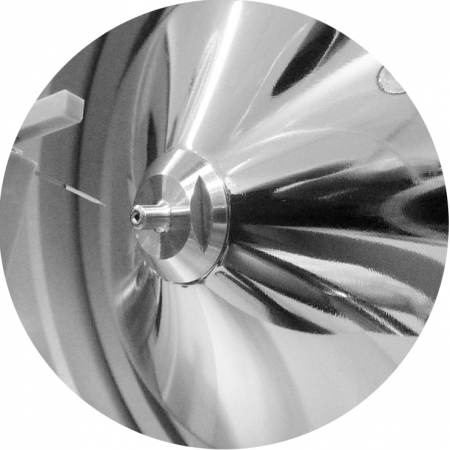
Alteration of biological processes caused by pathological, genetic and environmental factors can result in dynamic changes in the proteome and post-translational modifications (PTMs). Most of the studies in our lab rely on cutting-edge proteomics techniques. Our facility house runs a high-pressure liquid chromatography coupled to tandem mass spectrometry (LC-MS/MS), including Q exactive HF and Orbitrap Fusion Lumos tribrid mass spectrometers. We routinely use SILAC and TMT labeling techniques. Daily, we perform proteomics in search of novel interaction partners of proteins of interest, as well as differences in protein levels upon applied conditions.
We use proteomics to support cell and structural biology studies. We measured global proteome and ubiquitinome changes in Salmonella infection (Fiskin et al., 2016). As a laboratory with a major interest in ubiquitin, we have used our proteomics expertise in detecting non-canonical phospho-ribose linked ubiquitination seen upon Legionella infection (Bhogaraju et al., 2016). More recently, we characterized less known PTMs, such as glutamylation (Bhogaraju et al., 2019).
 STRUCTURE
STRUCTURE MICROSCOPY
MICROSCOPY VIRUS
VIRUS CANCER
CANCER NEURODISEASE
NEURODISEASE BACTERIA
BACTERIA ORGANELLOME
ORGANELLOME TRAFFICKING
TRAFFICKING ER-PHAGY
ER-PHAGY DNA DAMAGE
DNA DAMAGE Ser-UB
Ser-UB